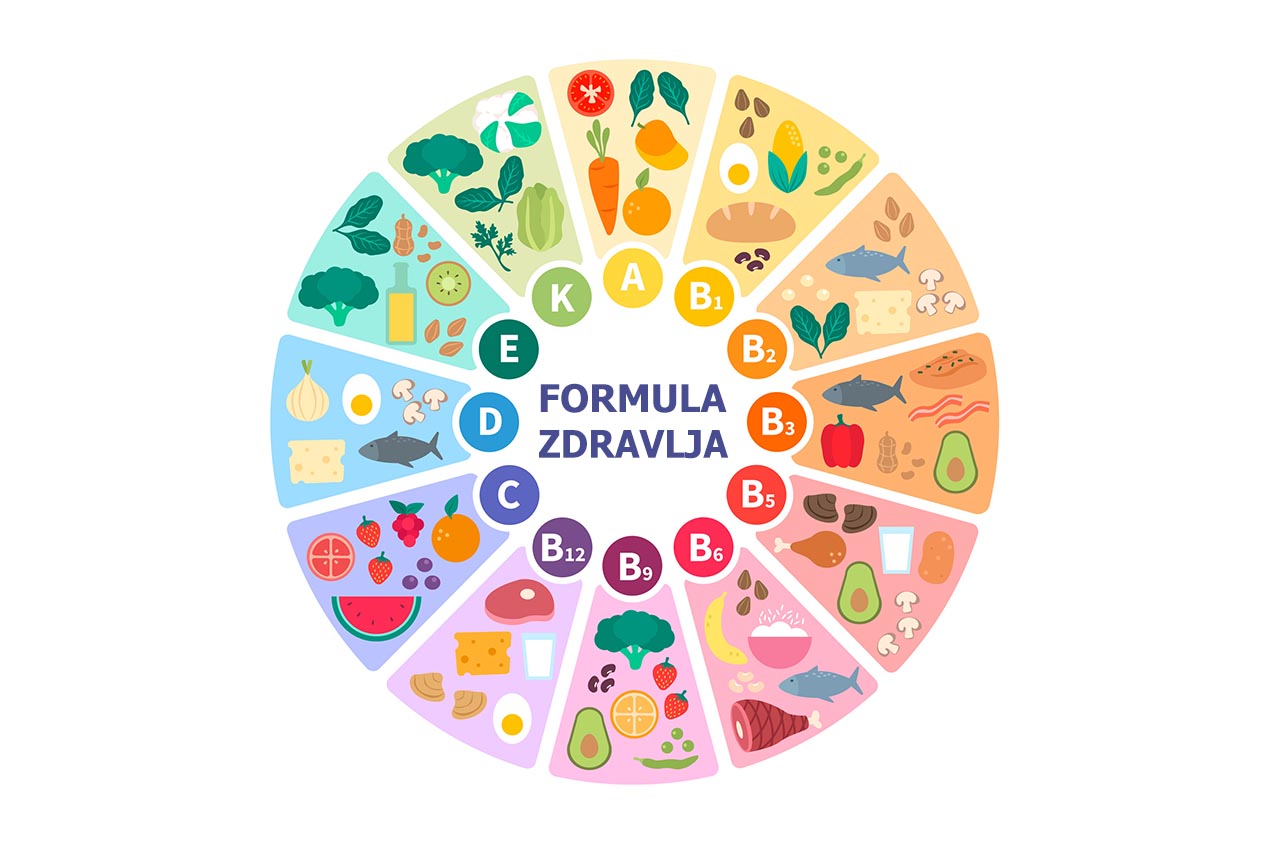A new study published in The Lancet Global Health reveals alarming findings: more than half of the global population does not consume enough essential micronutrients such as calcium, iron, and vitamins C and E. Conducted by researchers from Harvard, UC Santa Barbara, and the Global Alliance for Improved Nutrition (GAIN), this study is the first to provide global estimates of inadequate intake for 15 key micronutrients.
Why does this matter?
Micronutrients are essential for the body’s proper functioning. Their deficiency can lead to serious health issues, including increased susceptibility to infections, complications during pregnancy, and even vision loss. This study not only confirms the widespread nature of the problem but also identifies the most vulnerable population groups.
Who Is Most at Risk?
By analyzing data from 185 countries, researchers found that women are more likely to be deficient in iodine, vitamin B12, iron, and selenium, while men are more prone to deficiencies in calcium, niacin, thiamin, zinc, magnesium, and vitamins A, C, and B6. The most significant calcium deficiencies were observed among individuals aged 10-30, particularly in South and East Asia and Sub-Saharan Africa.
The most commonly deficient micronutrients include:
- Iodine – 68% of the global population consumes inadequate levels
- Vitamin E – 67%
- Calcium – 66%
- Iron – 65%
- Riboflavin, folate, vitamin C, and B6 – more than 50%
How Can We Address This Global Issue?
These findings highlight the urgent need for action. Experts emphasize that targeted dietary interventions are key to tackling this issue. Enriching diets with nutrient-dense foods and implementing public health initiatives can significantly improve global nutritional status.
“This study reveals that the problem is much larger than previously thought. A lack of essential micronutrients compromises health and limits human potential on a global scale,” says Ty Beal from GAIN.
While the challenge is significant, this research provides valuable data to help policymakers and healthcare professionals make informed, evidence-based decisions and direct resources where they are most needed.
Source:
Simone Passarelli, Christopher M Free, Alon Shepon, Ty Beal, Carolina Batis, Christopher D Golden. Global estimation of dietary micronutrient inadequacies: a modelling analysis. The Lancet Global Health, 2024; DOI: 10.1016/S2214-109X(24)00276-6
The HEALTH FORMULA Protocol and Micronutrients
Recognizing the importance of optimal micronutrient intake, the HEALTH FORMULA protocol places special emphasis on identifying and addressing micronutrient deficiencies through personalized dietary strategies and supplementation. The goal is to enhance overall health and prevent chronic conditions using science-backed, tailored approaches.




